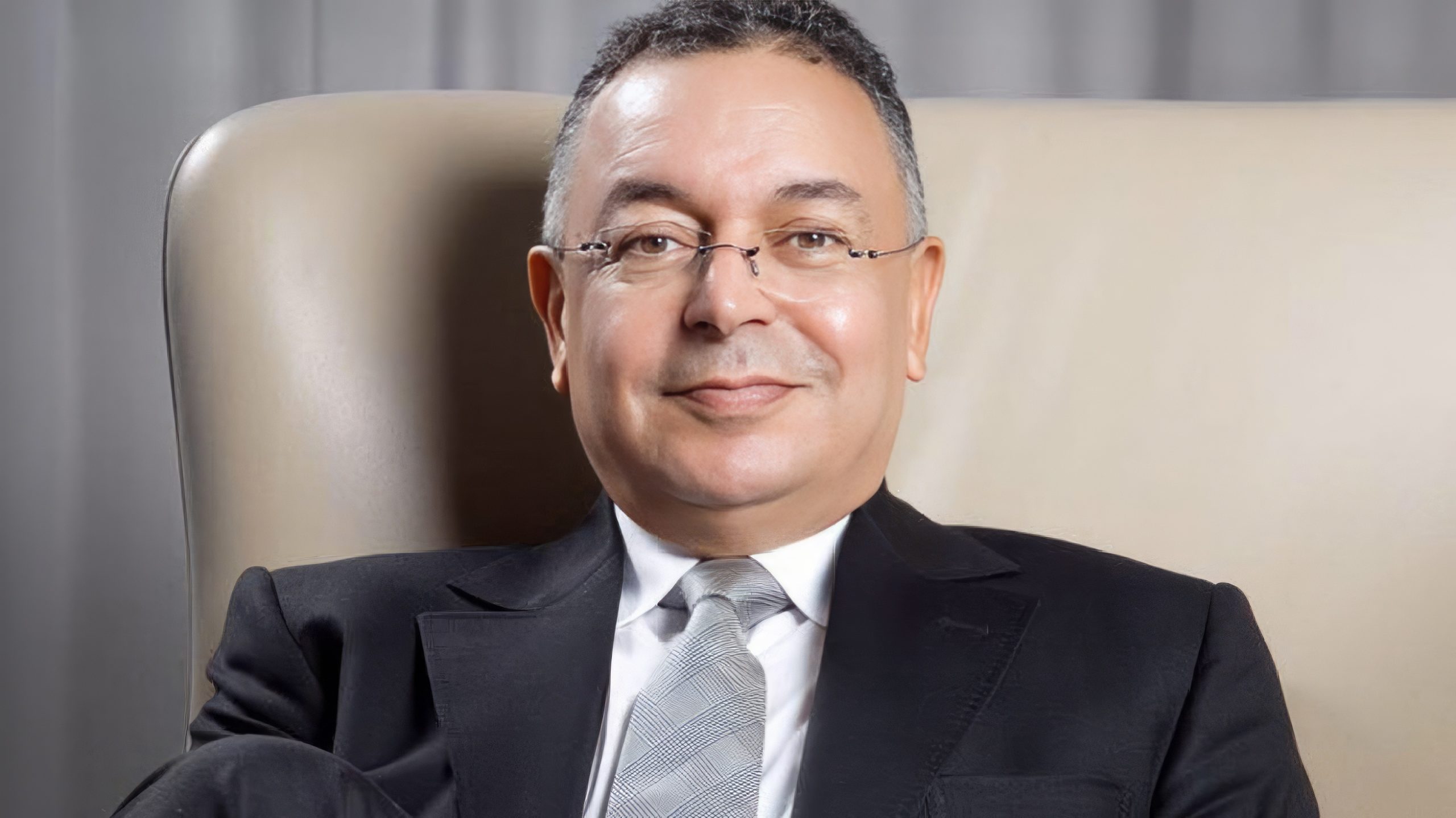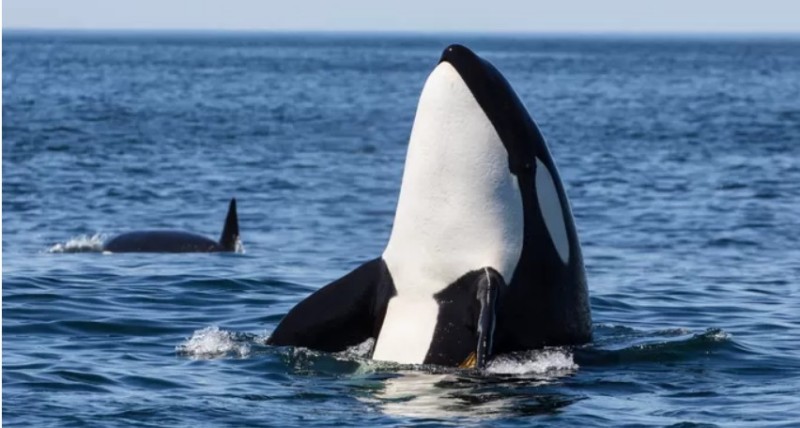For Africans, the Atlantic has always been seen as a threat rather than a promise: a vast expanse of water that has brought, over the centuries, invaders, missionaries, occupiers, colonialists, traffickers of slaves and various other undesirable influences. In recent decades, organized crime groups have used it to transport drugs from Latin America to Europe via the Gulf of Guinea, while human trafficking mafias exploit it to smuggle irregular migrants from Africa to Europe through routes such as the Canary Islands, Mauritania, Libya, Algeria or the Moroccan cities of Dakhla, Laâyoune and Tangier.
However, the Atlantic must not remain a source of adversity for Africans. Many in Africa today see it as a potential space for significant growth and shared prosperity, benefiting both coastal and inland countries. His Majesty King Mohammed VI called, on November 6, 2023, on Africans to “transform the Atlantic coast into a zone of human communication, economic integration and continental and international visibility”. This vision is shared by more than 20 countries as part of the African Atlantic States Process (APEA), whose leaders have been meeting regularly since 2022 to lay the foundations of this collaborative space.
The strategic objectives essential to achieving this vision are fundamental pillars of the shared prosperity envisaged. These include developing a sustainable blue economy, establishing robust logistics and energy connections, strengthening trade and interconnectivity of supply chains, promoting research collaboration between universities, facilitating the free movement of goods and people, and strengthening shared initiatives between the private sector and civil society. Protecting marine ecosystems from pollution, overfishing and unsustainable drilling, as well as securing shared borders and coastlines against organized and cross-border crime, are crucial prerequisites for creating an environment conducive to growth and shared prosperity.
The large and ambitious gas pipeline project linking Nigeria to Morocco, covering 14 West African countries, and with an investment value of tens of billions of dollars, must be recognized as one of the main pillars of strategic economic integration along the Atlantic coast. Energy connectivity will enable these African countries to ensure a stable energy supply, while facilitating the growth of multiple ecosystems of services, technical know-how and employment opportunities at different stations of the pipeline.
A network of ports and logistics stations covering more than 8,000 nautical miles from Cape Town to Tangier, including cities such as Luanda, Libreville, Accra, Abidjan, Freetown, Dakar, Nouadhibou, Dakhla and Casablanca, will play an important role in facilitating of the seamless movement of goods, a transformative change that will undoubtedly boost local economies, especially for smaller countries in West Africa.
In addition to trade and energy logistics routes, collaborative initiatives to promote sustainable coastal fishing and ecotourism in bays, lagoons and along coastlines will help support local communities and create jobs, particularly in countries of the African Atlantic coast plagued by poverty. Cooperation and the exchange of good practices are essential in this regard. Countries like Morocco, South Africa, Senegal and Ivory Coast could learn from their experience and lead the way in promoting sustainable fishing practices, developing community-based tourism and organizing cultural events such as craft and music festivals, among other initiatives.
An integrated Atlantic Africa is also about security, an essential element for shared prosperity. Addressing the interconnected problems of drug trafficking, cross-border crime, human trafficking and terrorism represents a collective challenge for African countries. Focusing on the porous nature of the Gulf of Guinea, the complex dynamics within the triangle formed by the borders between Burkina Faso, Mali and Niger, the implosion of the Lake Chad ecosystem and its impact on communities and neighboring countries, as well as combating human trafficking networks stretching across the vast expanse of the Greater Sahara and out to the Mediterranean, or along the coast to Mauritania, neighboring Morocco and the Canary Islands , are priorities of the highest urgency. Additionally, various security challenges persist in Nigeria, Cameroon, DRC and other regions. Addressing these challenges will require cooperation, information sharing and joint African action, supported by intelligence, equipment and training assistance from non-African countries.
Ultimately, the most important element of the Atlantic Initiative vision (as promoted by the King of Morocco and other African leaders) is to ensure that landlocked and non-coastal countries like Botswana, Burkina Faso Faso, Chad, Central African Republic, Lesotho, Mali, Niger, South Sudan, Uganda, Zimbabwe and Zambia are not left behind. Recent meetings in Marrakech brought Sahelian countries together to brainstorm ways to provide them with access to ports like Dakhla, Morocco, and possibly Nouadhibou and Dakar. Dedicated routes and logistics facilities in cooperation with countries like Morocco, Mauritania and Senegal constitute a viable option in this regard. Landlocked Sahelian countries and others deserve access to the sea equal to that of coastal countries. Direct access to the Atlantic will not only allow them to diversify their economies, but also take advantage of trade and investment opportunities previously limited to coastal states.
An integrated Atlantic Africa may seem a distant dream, but it is achievable, provided that there is the will and effective leadership to carry out major integrative projects, such as the Nigeria-Morocco gas pipeline, promoted, wanted and signed by the King of Morocco and the Nigerian presidency, for example. Africans must adopt the conviction that shared prosperity is within their reach, provided they change their perception of the Atlantic, seeing it not as a source of misfortune, but as a realm of infinite possibilities.




